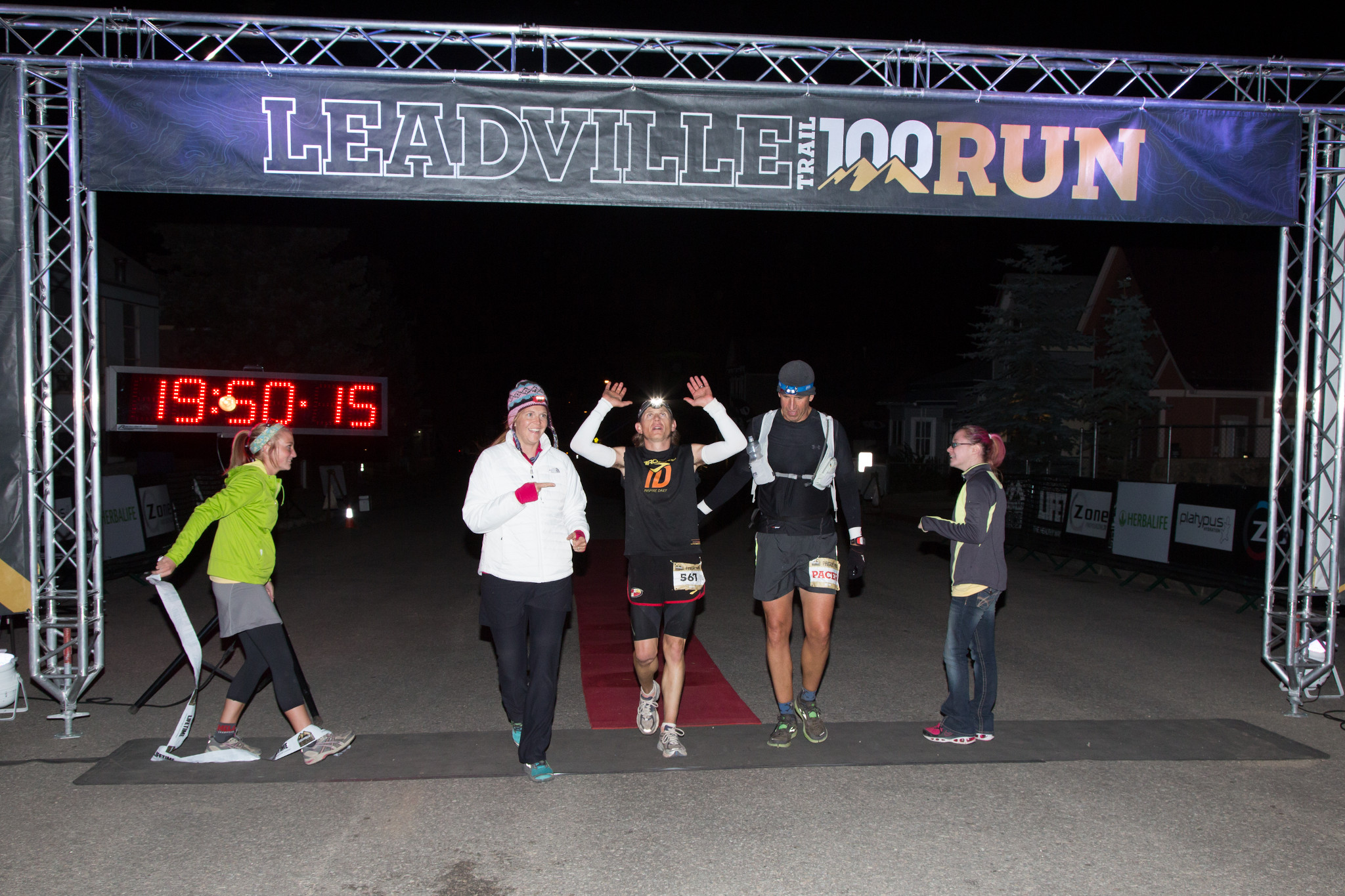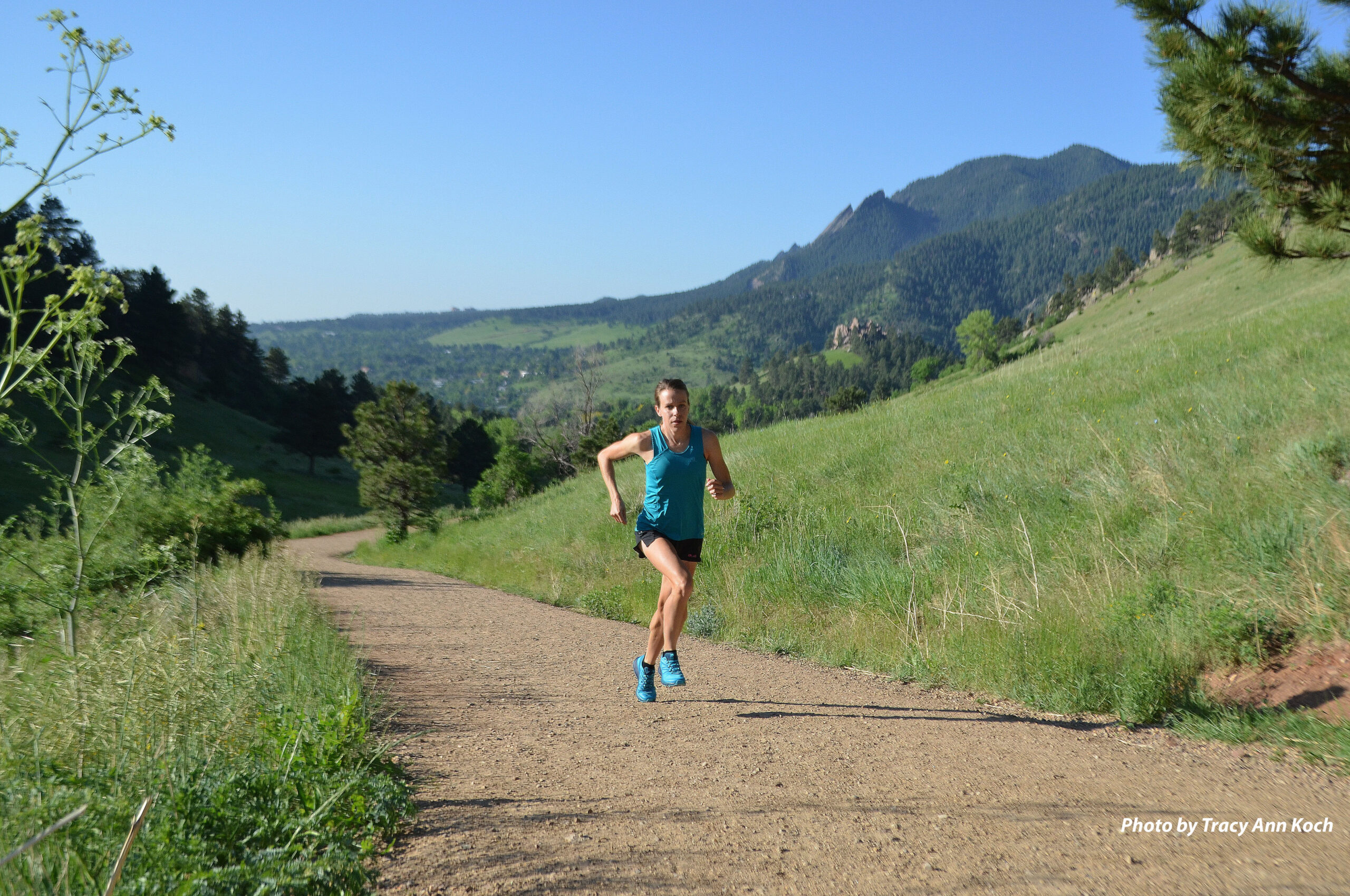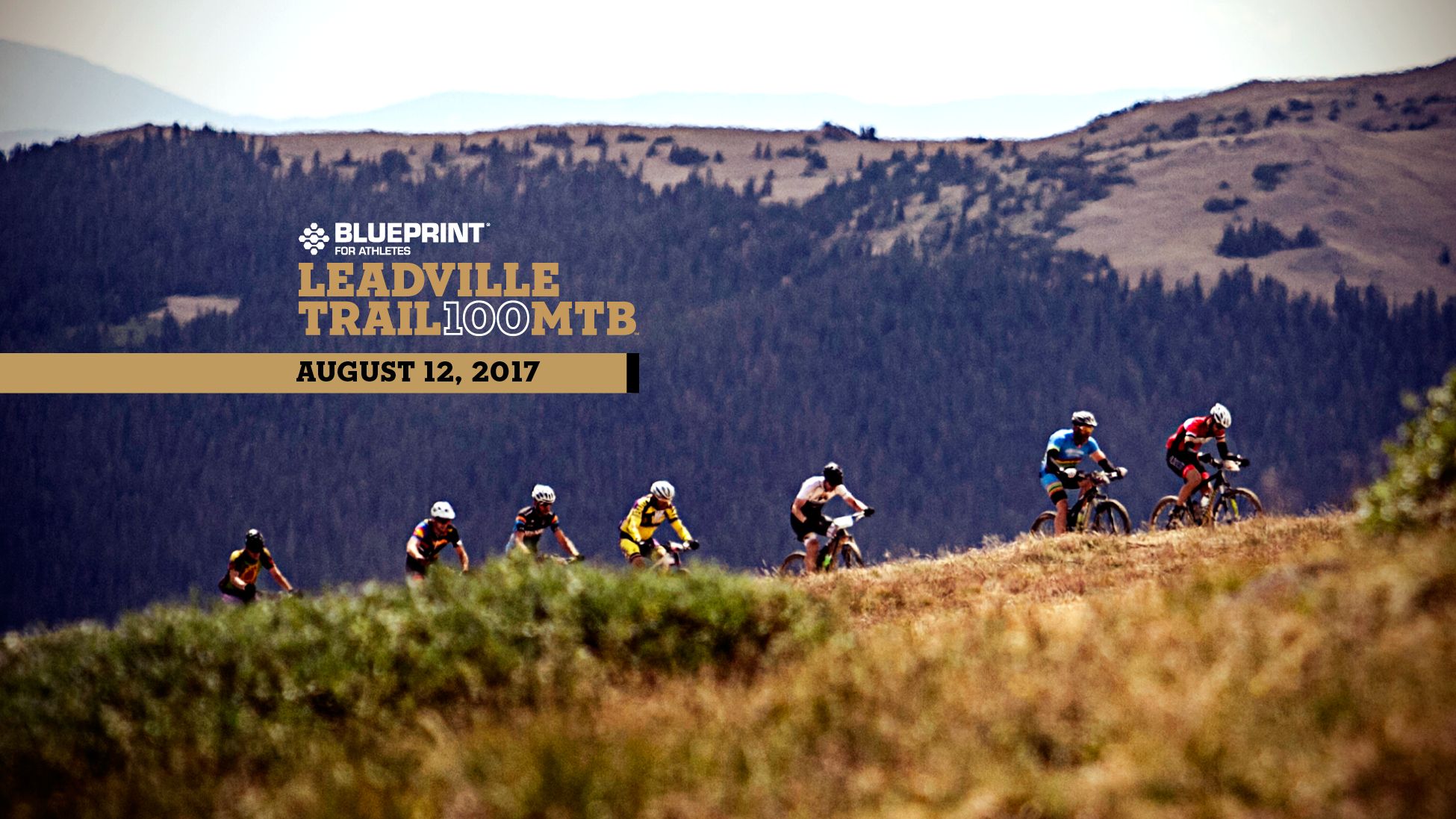Face of the Race: Emma Roca
Emma Roca likes to balance adventures big and small, around the world and right at home in Spain. The adventure racer and 2014 female champion of the Leadville Trail 100 Run is also a mom of three, as well as a professional firefighter and biochemist seeking her PhD.
What have been some of your favorite countries to race in and why?
Leadville and Speedgoat in the United States: Colorado has altitude, and if you are not acclimated you suffer a lot. I also love the concept of having a pacer to offer support for the last half of an ultramarathon. It’s a safer way to run and could be a possible beginning for a future ultrarunner. I don’t know why in Europe pacers don’t exist.
El Cruce Columbia (a race between Chile and Argentina): The landscapes are amazing. You run along a singletrack in the middle of a big jungle or forest that you wouldn’t ever find on your own, and the people are so friendly. You feel like you have a big family taking care of you all the time.
Ultra-Trail du Mont-Blanc in Chamonix, France: The big race, the most international and important in Europe, the final destination of a European ultrarunner. You run through three countries around the big and majestic Mont Blanc. It’s very well organized, has a lot of spectators and the start and finish in Chamonix will give you goose bumps – it’s very inspiring.
Kima Sentiero Roma in Italy: The most technical and hard short ultramarathon ran between five refuges. It’s a spectacular alpine race.
Transalpine-Run through Germany, Austria and Italy: An eight-stage race across beautiful landscapes and mountain passes with a marathon every day. It’s a team race and you have to manage taking care of yourself and your teammate, and run as fast as possible every day, then rest as much as you can. There are so many days, and everything hurts after the third day. A once-in-a-lifetime race.
We’ve heard that you like to get two to three hours of training in per day. What are some of your preferred training disciplines?
Running is the best. I feel comfortable and that motion is easier for me. I also like the mountain bike, but not in the same way. In adventure racing I’ve participated in a lot of disciplines and learned which of them I prefer and in which I feel the most fit. And as I get older, I try to find the discipline that my body best adapts to, like ultrarunning. I feel like I have the experience and endurance and mental strength for ultra. As we all get older, we try to determine the best sport or competition that will help us avoid unnecessary risk to our health.
In addition to trail running, what other events do you like to compete in?
Some long mountain bike races, as well as orienteering competitions (rogaining [long-distance cross-country navigation] is the best). I’ve been participating in adventure races for more than ten years, which has allowed me to learn many sports. It’s been the best outdoor school!
Do you think that being a biochemist and having a good working knowledge about the body has helped you become a better ultra-distance athlete? What have you learned?
Yes, because you know exactly what’s better for your body and why. Now I’m earning my PhD with the SUMMIT project where we are investigating what’s happening to the body on a biochemical, genetic, physiological, cardiac, psychological and even nutritional level when you run. And I’m discovering more amazing things related to the body, mind and genes when we move!
Was this your first time doing an event in Leadville? What was it about this event that drew your interest?
Last year I raced Speedgoat and while there I went to check out the atmosphere of Leadville at Twin Lakes. It was incredible. Leadville is one of the big ones, right up there with Western States, Wasatch and Hardrock. I would love to complete some of them before my knees and bone calcium say to stop!
In 2013, you wrote a book called “Non Stop!” in which you talk about being able to achieve everything you want to achieve. How are you able to balance such a busy life and still come out on top?
It’s difficult, but you can do it. It’s just a question of priorities and organization. Also, I have a good job as a firefighter where I work one day and then have three days free. During those three days and while my three kids are in school I can train, work on my book, my thesis or the house, for example. It’s not easy and you need a lot of energy, a husband who helps you and has a passion for what you do.
Your book details your life of adventure racing. What is one of your favorite extreme-adventure race memories?
There have been so many races during my 10 years competing that it’s hard to choose one. I loved racing in Mexico in the Extreme Adventure Hidalgo races, which feature a great format: 12 hours/24 hours/six hours in three days.
Racing all over the world with the Eco-Challenge and Raid Gauloises: Kyrgyzstan, Vietnam, New Zealand, Argentina, Sweden, Scotland, Ecuador, Fiji, South Africa and Tibet-Nepal. All great experiences with great organizers and races! Also, in Spain, racing the Bimbache Extreme and winning the World Championships was a culmination of 10 years of racing that had enormous value for me. Ecomotion Brazil and Expedition Mata Atlantica were also great adventure races demanding skill, and experience some frightening moments with the rivers, waterfalls and some dangerous mountain biking trails, but it’s an amazing country with lots of little paradises to explore!
What is your favorite thing to eat the night before an event?
I eat smashed potatoes or rice, some steak and a yogurt. Three days before you have to eat a lot of carbohydrates to fill your deposits in your liver and muscles. The night before it’s better to avoid vegetables or fruit at night because they slow digestion. During a normal day I love kefir, vegetarian food and lots of fruits and vegetables.
And then the night before it’s very important to sleep well! Rest is part of the training and without it you will not do well, so take care of your diet and prioritize your rest time!



